We partner and create revenue stream for churches, thrift stores, religious organizations, schools, local businesses, gas stations, party stores, etc. Call today for details.
Environmental Benefits of Using Donation Bins and Recycling
Request Call Back Form
Hero Request Form
Reap the Environmental Benefits of Recycling
The environmental benefits of using donation boxes distributed by Midwest Recycling are many. Serving the community since 1992, we strive to keep Michigan on a green path by providing an alternative to placing clothing, shoes, purses, curtains, linens, textiles, and small household items out of landfills. We export the goods to a diverse range of people in need.
The rate of textile waste in our country is increasing faster than recycling rates. Approximately 85% of unwanted clothing doesn't get recycled. That amounts to more than 13 million tons of used textile waste generation in the U.S. annually.
Consider these statistics before dumping donatable items into our landfills:
- The annual environmental impact of one household's clothing is equivalent to the amount of water needed to fill 1,000 bathtubs
- The recycling of two million tons of clothing per year equates to taking one million cars off of U.S. streets
- On average, in the U.S. it costs cities $45 per ton to dispose of old clothing
- Each year, three billion+ pounds of shoes, clothes, linens, and textiles go to landfills rather the be donated or recycled
Let's work together to promote green initiatives in our communities. Call today for donation bin placement or for help locating a bin near you.
What Does It Take?
- Recycling clothes is not just about landfills; the production of the fabrics should be considered as well.
- Recycling clothes is not simply about our neighborhoods. Some farmlands and people are affected by the process, both in terms of water and pesticide usage.
- Recycling clothes is not something we can ignore or think is someone else's problem. We all need to be aware of what it takes and start doing our part for the next generation.
How Are We Affected by Recycling?
- Jeans: Approximately 1800 gallons of water are needed to grow enough cotton.
- Pesticide: The production of just one cotton t-shirt requires a one-third pound of pesticide.
- Water required for 1 lb of wool and cotton: 101 gallons.
- Cotton t-shirt: Growing the necessary cotton for a cotton t-shirt consumes 400 gallons of water.
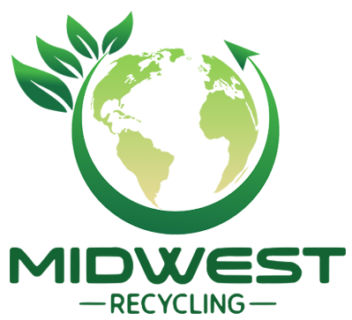
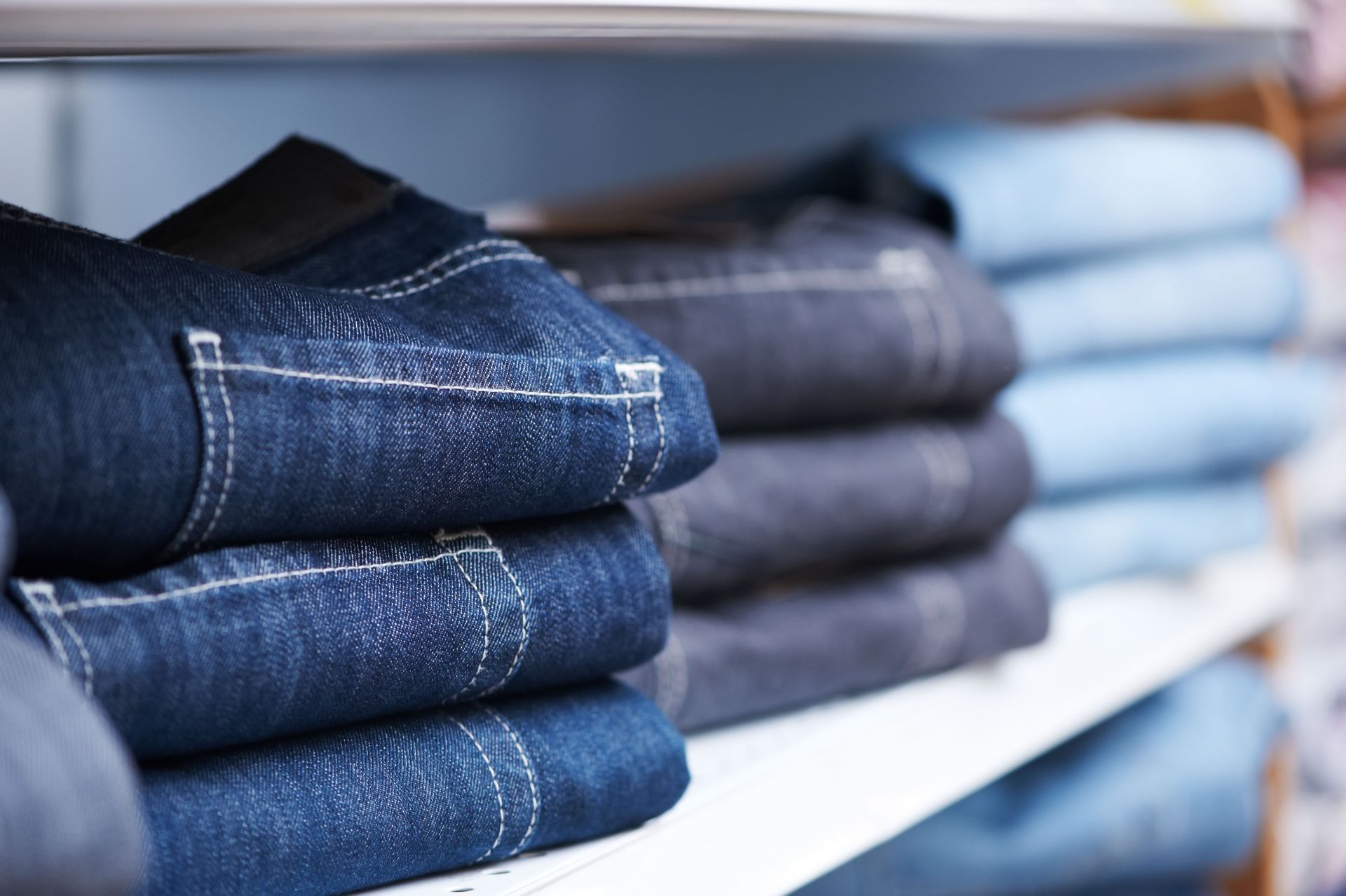
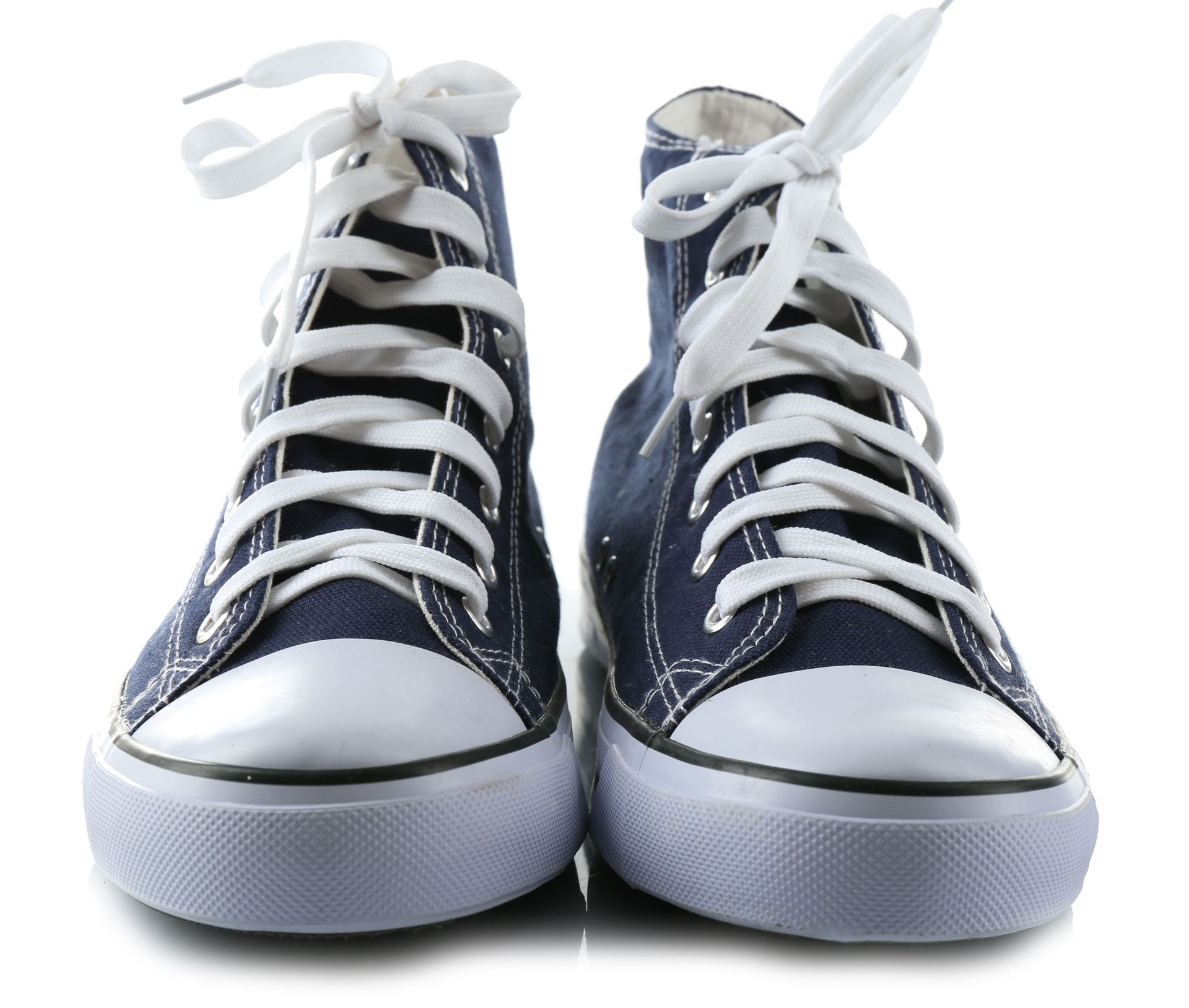
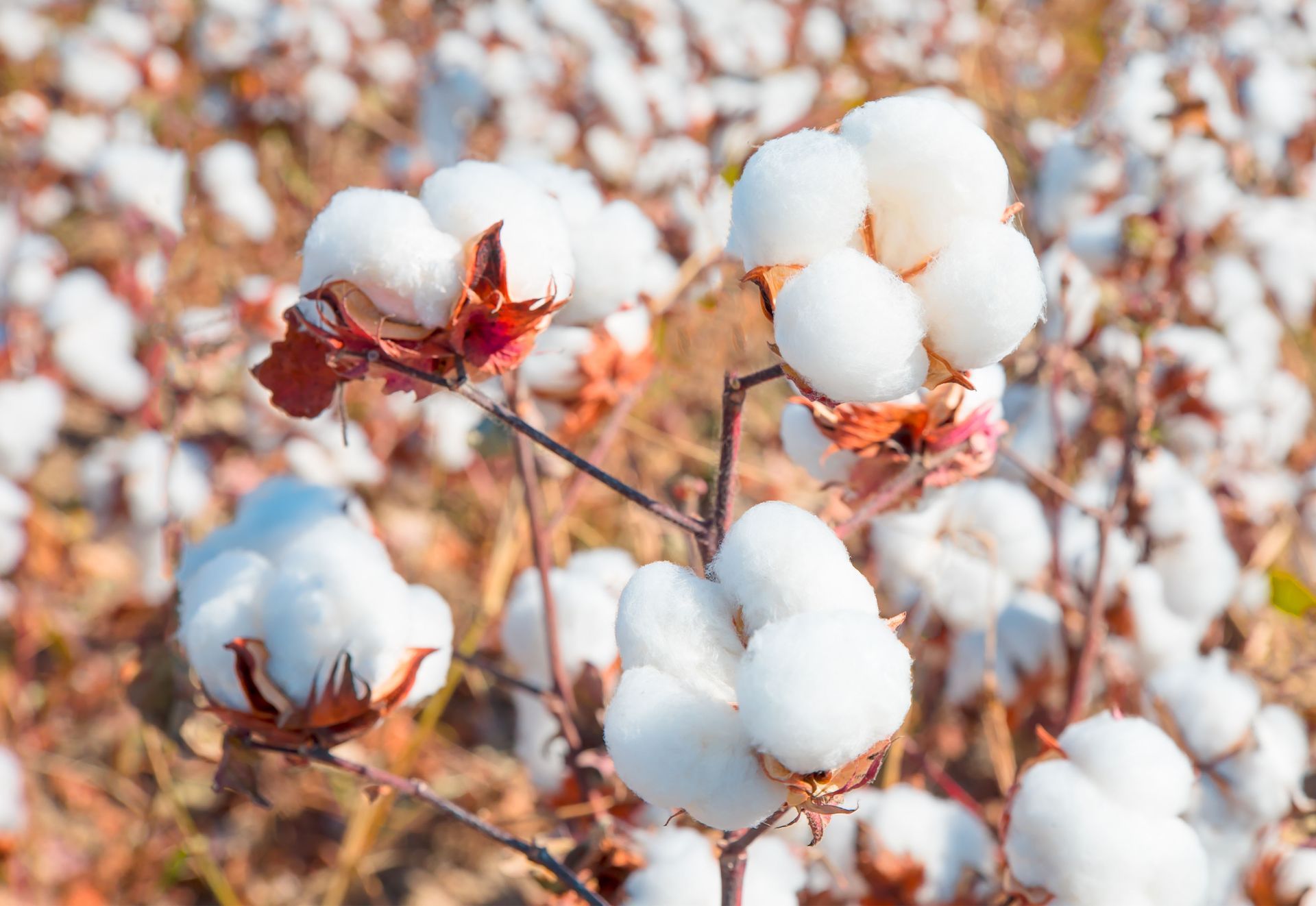
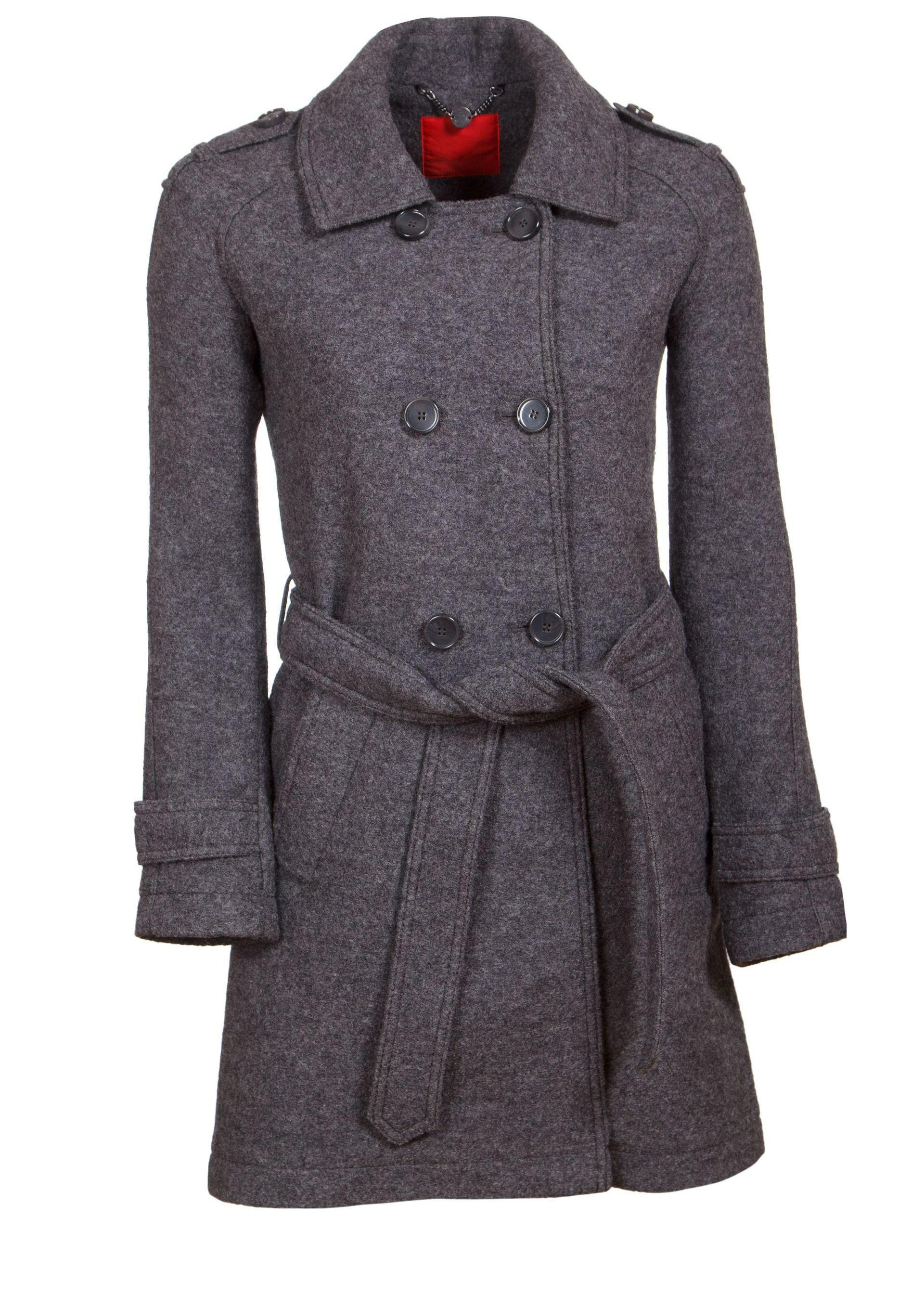
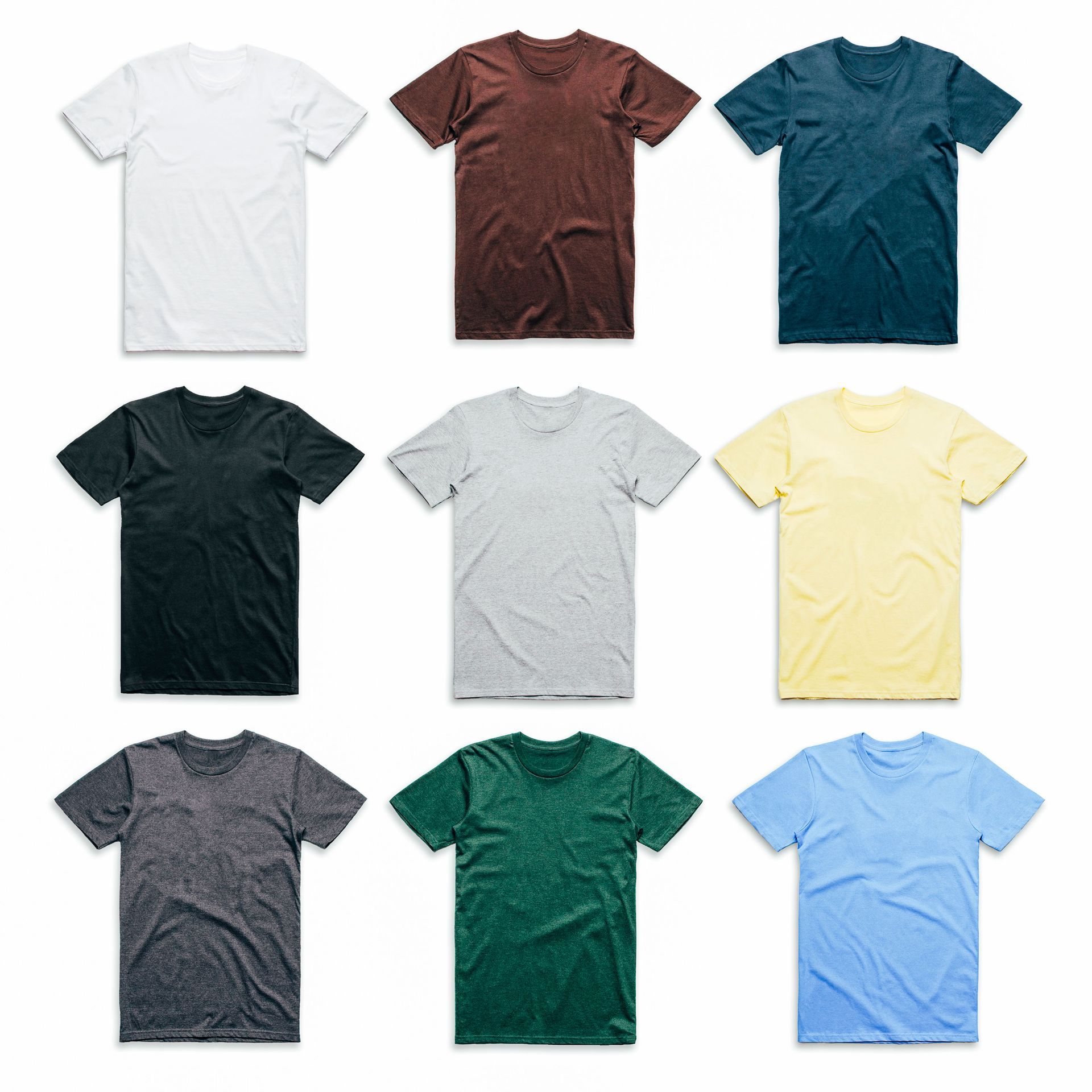


Share On: